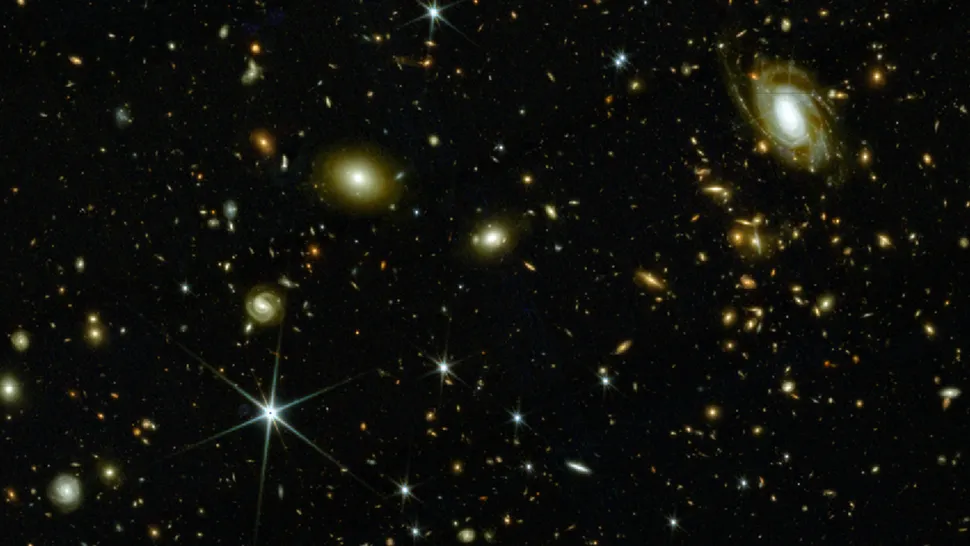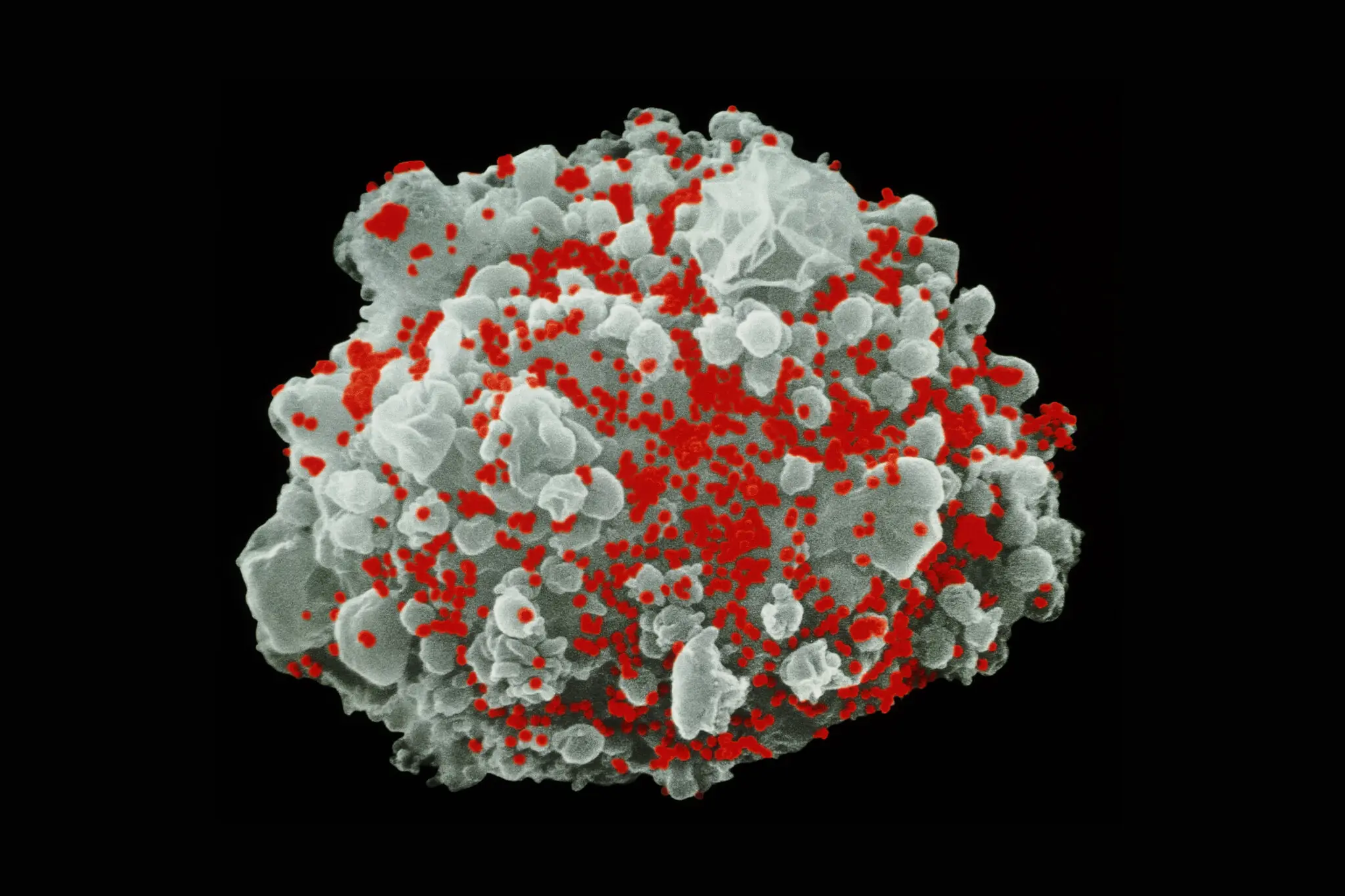Syria Grants IAEA Access to Suspected Nuclear Sites in Bid to Rejoin Global Community
Syria’s new government has agreed to grant immediate access to suspected former nuclear sites for inspectors from the International Atomic Energy Agency (IAEA), in what officials describe as a significant step toward restoring international cooperation and transparency.
The announcement came during a visit to Damascus by IAEA Director-General Rafael Grossi, who met with Syrian President Ahmed al-Sharaa and other senior officials. Speaking to the Associated Press, Grossi said the move signals the Syrian government’s willingness to “open up to the world” and address longstanding concerns about its past nuclear activities.
“This cooperation is about bringing total clarity over certain activities that, in the agency’s judgment, were likely related to nuclear weapons,” Grossi stated. He expressed optimism that the inspection process could be completed within months.
IAEA inspectors will revisit the long-suspected reactor site in Deir ez-Zor province, originally exposed in 2007 after an Israeli airstrike destroyed the facility. The reactor, reportedly constructed with North Korean assistance, was never declared to the IAEA and was believed to be part of a clandestine nuclear weapons program.
The agency will also inspect three other related sites, along with two facilities already under IAEA safeguards: a miniature neutron source reactor in Damascus and a uranium processing plant in Homs.
The IAEA’s renewed access follows the ouster of former President Bashar al-Assad in December and coincides with the lifting of U.S. and EU sanctions on Syria last month. Grossi’s visit is the most prominent indication yet that the international community is beginning to re-engage with Damascus.
President al-Sharaa has reportedly shown a “very positive disposition” toward cooperation, according to Grossi. The Syrian leader also expressed interest in developing a peaceful nuclear energy program in the future, joining other Middle Eastern countries such as Saudi Arabia, the UAE, Egypt, and Jordan that are currently pursuing civil nuclear power.
In addition to inspections, the IAEA has pledged to support Syria’s devastated health sector by providing nuclear medicine equipment and helping to rebuild radiotherapy and oncology services, severely affected by nearly 14 years of conflict.
Despite Syria’s diplomatic progress, regional tensions persist. Israel, which views any Syrian nuclear activity with deep suspicion, has launched more than 200 air, drone, and artillery strikes across Syrian territory in the past six months. This aggressive stance continues even after indirect talks between the two countries in May aimed at reducing hostilities.
With input from Al Jazeera.








